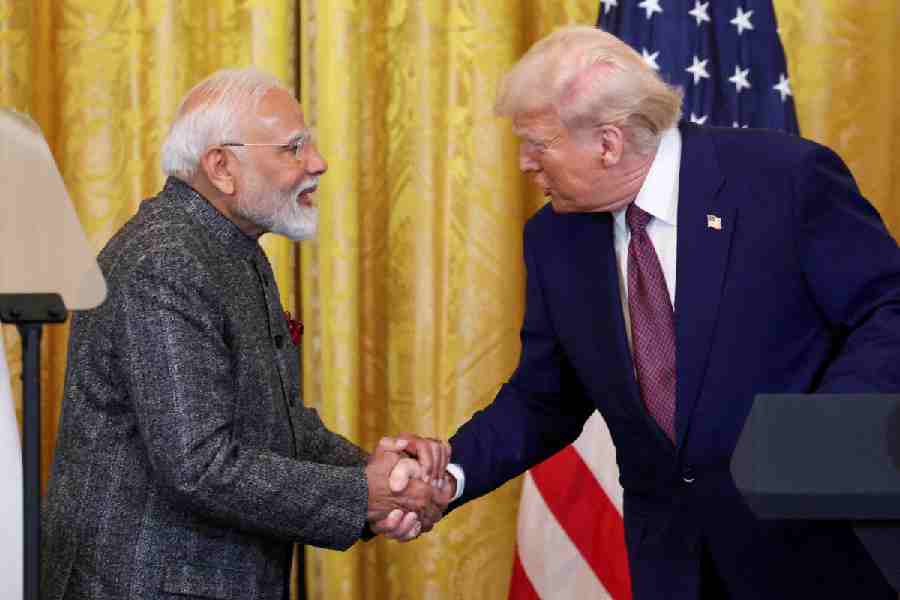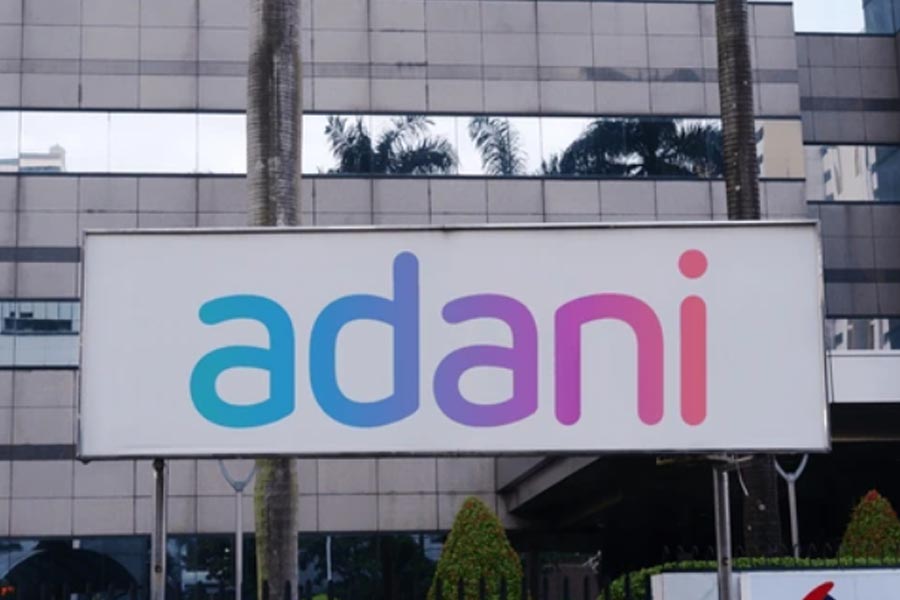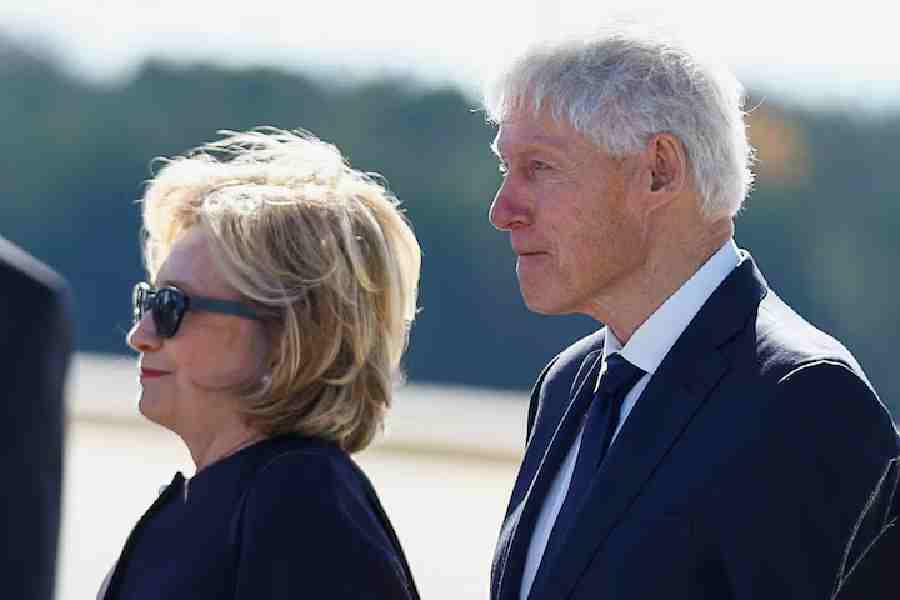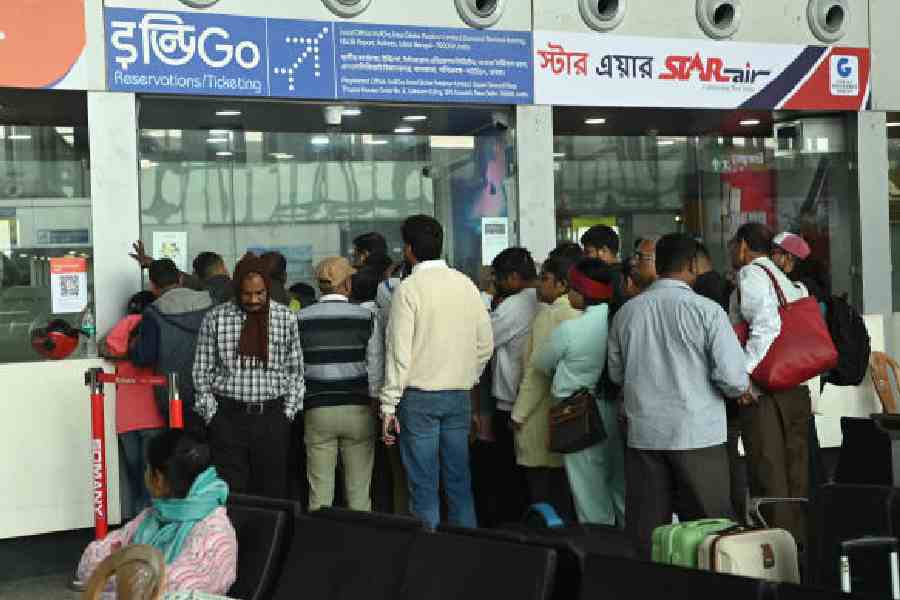Two persons who survived tuberculosis have filed an opposition to a patent application by a pharmaceutical company on bedaquiline, a medicine prescribed for multi-drug-resistant TB but still not available to thousands of patients in the country who need it.
The survivors, Nandita Venkatesan in India and Phumeza Tisle in South Africa, have in their opposition filed on Thursday said the claims in Janssen Pharmaceutica’s patent application were “not novel,” “lack inventive step” and do not enhance efficacy of the medicine.
Their 54-page application, submitted to India’s patent office in Mumbai, has cited several sections of the Indian patent laws under which, Venkatesan and Tisle have argued, the patent should not be granted.
The World Health Organisation had in August 2018 announced new guidelines for MDR-TB that call for use of bedaquiline — an oral medication — and avoid injectable medicines that are currently used to treat the disease and have severe side effects and low cure rates.
Both Venkatesan and Tisle had lost their hearing while under treatment for drug-resistant TB with injectable drugs called aminoglycosides and regained it only through cochlear implants. “I lost my hearing at age 24, this was a brutal side effect of the injectable TB drugs,” Venkatesan said in a media statement on Friday.
Medecins Sans Frontieres, the global medical organisation, has supported the opposition, saying a denial of the patent would allow other drug manufacturers to supply less expensive generic versions of bedaquiline to patients in India and other countries.
The Union health ministry currently controls access to all bedaquiline in the country and gives it only to MDR-TB patients deemed as “eligible” under criteria set by its TB division, relying on 10,000 courses of bedaquiline committed free of cost by Janssen, a subsidiary of Johnson&Johnson.
A Johnson spokesperson told The Telegraph on Friday that Janssen had already delivered 6,750 courses of bedaquline to the government and was ready to ship out pledged remaining 3,250 courses. The company is also prepared to make the medicine available at $400 a course to India, the same “special effort price” at which South Africa is procuring the drug, the spokesperson said.
But health activists estimate that less than 5,000 patients have so far received bedaquiline in India and point out that thousands of others eligible to receive the drug under even the country’s existing guidelines had not got it yet.
A survey by the health ministry released last year had estimated that India has 147,000 patients with MDR-TB of whom about 21 per cent or about 30,000 patients are eligible for bedaquiline under the health ministry’s current guidelines.
Medical experts say the higher cure rates justify the call to expand the use of bedaquiline. The cure rate for MDR-TB through existing injectable drugs is about 50 per cent, doctors say.
“Bedaquiline is crucial to offering patients a fighting chance without the toxic side effects of drugs that need to be injected,” said Anja Reuter, a doctor with MSF in South Africa where the government decided last year to provide bedaquline to all MDR-TB patients.
“This treatment revolution is already a reality in South Africa,” Reuter said. “Now, drug-resistant TB programmes elsewhere need this drug at an affordable price. Generic versions of the drug could be available at reduced prices if the patent application is rejected.”










